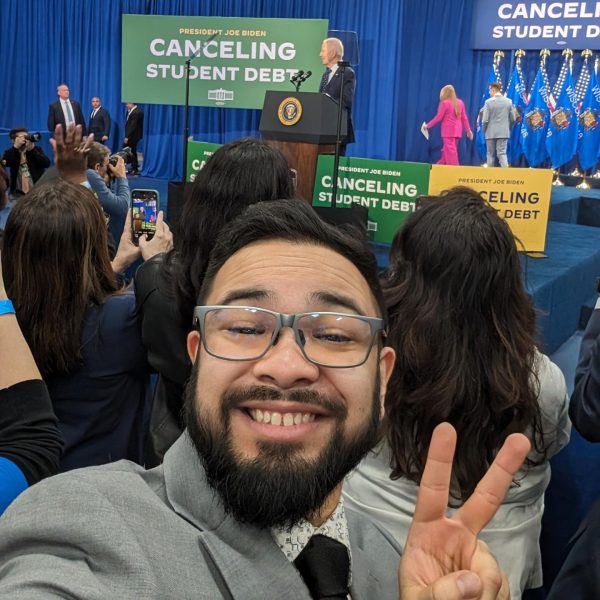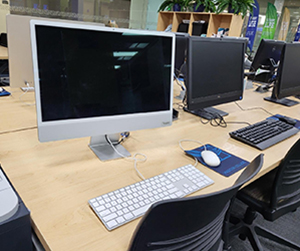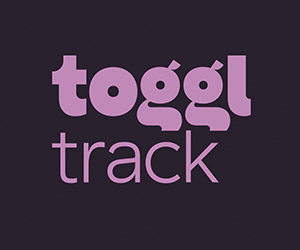GuestView: Public broadcast funds at risk in budget
April 6, 2017
President Donald Trump’s preliminary budget, released in mid-March, slashes a number of domestic programs. The one that hits closest to home for me is the total defunding of the Corp. for Public Broadcasting, a private nonprofit corporation created by Congress to distribute funds to the nation’s public television and radio stations. The elimination of federal funding would silence a large segment of independent and free media at a time when we need trustworthy information more than ever.
At KCRW, the Santa Monica, Calif., National Public Radio member station where I’m president, the loss would mean a $1.2 million hole in our budget each year. That translates into 12 to 15 positions and a cut to the news and public-service programming we provide on a daily basis; it represents about 5 percent of the station’s budget. But at a much smaller station, say the one in Marfa, Texas – a station that provided the only live, local information during recent wildfires – the loss translates into more than 30 percent of that budget.
CPB dollars go directly to individual stations, to local operations that cover local issues with local employees, not to the national programming or administration efforts of the umbrella organizations, NPR and PBS. At KCRW, we’ve used CPB funds to dig into Los Angeles’ homelessness boom and housing crisis, to explain complicated ballot measures facing the county and state, and to present civil debates from the left, the right and the center about politics.
Washington’s total public broadcasting appropriation represents just 0.16 percent of the overall federal budget. For a $1.35 annual investment per American, public broadcasting provides a robust, independent national news network that stretches from America’s urban centers to native villages in Alaska. It makes no sense to dismantle such an important institution for such a small budgetary gain.
Public radio and television proved their independence during the 2016 presidential election by presenting every political point of view. These stations aren’t beholden to corporate constraints or shareholders. Like public libraries that provide unbiased information for all, public broadcasting is free and available to everyone.
Public radio in particular is a critical part of the nation’s communications infrastructure. While commercial radio has cut costs by consolidating its operations into one or two main hubs, public radio stations are staffed and operated live. In rural areas, public radio stations often are the only live broadcast outlet. As in Marfa during the wildfires, those stations provide vital information to their broadcast areas, and without federal funding, this crucial community function would surely disappear.
Support for public broadcasting isn’t a partisan issue. A recent national study shows that 69 percent of all voters oppose the elimination of government funding for public media.
Public broadcasting’s funding has been singled out in political battles in the past. But the Trump administration budget, which zeroes out the Corp. for Public Broadcasting, is the most serious threat to free and open public media that we have faced to date.
I hope the American people will again rally to support their public radio and television stations, reaching out to their members of Congress from all corners of the country and urging them to reject the potentially catastrophic elimination of funding.
Jennifer Ferro is the president of KCRW, a National Public Radio member station in Santa Monica, Calif. She wrote this for the Los Angeles Times.










